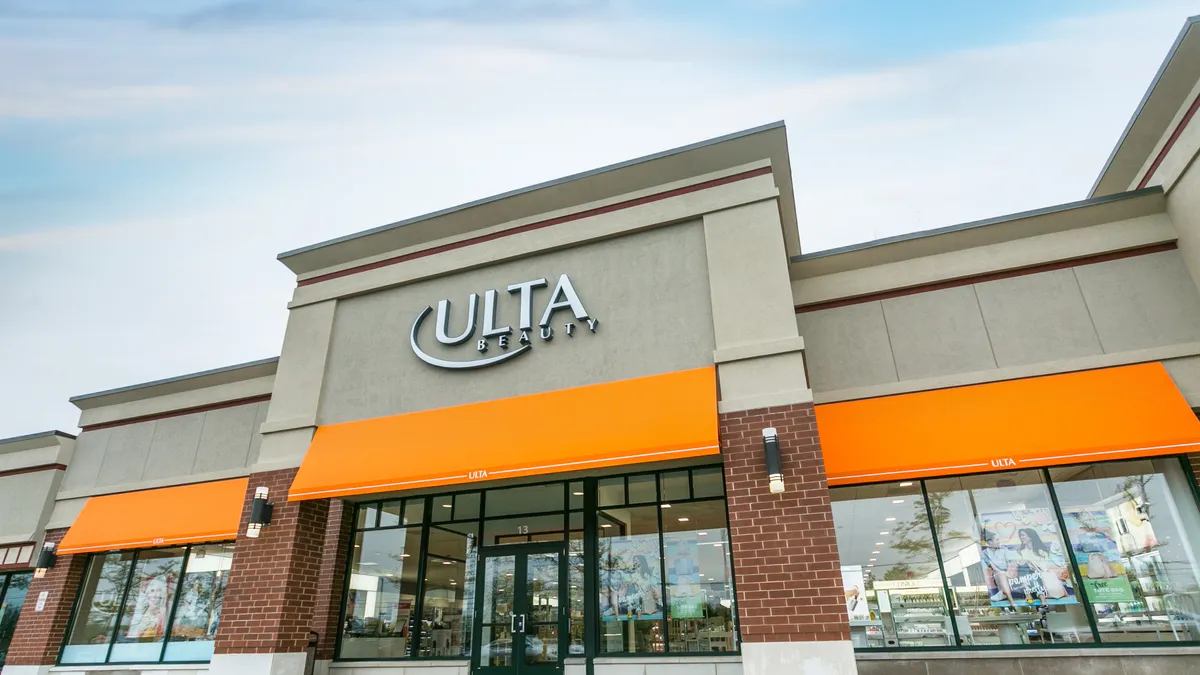Dive Brief:
- Employees and customers accused retail chain Ulta Beauty of racially profiling black and Latino customers in its stores, according to social media and reports from Today and People. Several social media users who identified themselves as current and former Ulta employees shared with @EsteeLaundry, a beauty industry watchdog, how their supervisors instructed them to follow around black and Latino customers.
- Today reported that one former employee quit the retailer alleging it was Ulta's practice to pull workers off of cash registers to follow black customers around the store as soon as they entered. The employee also said that during a corporate loss prevention meeting, management at their store encouraged racial profiling. Another former employee told @EsteeLaundry that her general manager told her to follow Hispanic and black customers as soon as they entered the store and that if she didn't, the manager would get angry and cut her work hours.
- Ulta responded to the complaints with this public statement to Today: "These accounts are disappointing and contrary to our training and policies. We stand for equality, inclusivity and acceptance and strive to create a space that is welcoming to all. That is why we have our associates participate in ongoing trainings on diversity and inclusion. This is our responsibility and we take it seriously. We know it is about daily action and accountability. We will continue to reinforce our policies and values across the company because we never want to hear that a guest has anything less than a great in-store experience." The company provided a similar response to People.
Dive Insight:
Ulta is not the only beauty brand that has faced accusations of racial profiling or bias. In May, fellow beauty giant Sephora faced similar charges that it discriminated against customers of color in its boutiques. Following a swirl of public complaints against the chain, Sephora responded with a marketing blitz that featured a diverse group of models promoting the store's products. It notably took an approach publicized recently by Starbucks to address the problem when it closed its stores for a one-day inclusion training session in June.
Companies routinely respond to discrimination charges by publicly defending their no-tolerance policies, but the problem often originates and festers below the C-suite level. It's not enough for company chiefs to declare their support of inclusion; organizations must invest in training that not only addresses internal bias but also discrimination against customers, clients and others.
In a recent study by pelotonRPM, managers and leaders surveyed said they aren't well-prepared to deal with harassment, bias or discrimination. In response, companies may need to provide better guidance, optimize training, communicate policies more clearly and ensure the top brass are a part of ethics guidance to the whole company, pelotonRPM said.









